Caregiving: Finding Lost Time Together
October 1 was celebrated as the International Day of Older Persons. As we celebrate age and its many dimensions this month, watch this space as we bring you stories of courage, care, making a difference, and resilience.
Caregivers often lose quality time with the person they care for, burdened under their daily tasks. Rose Gordon on how to ensure the chores don't wipe away your shared memories and precious time together.
Laura is 86 years old. She has just been admitted to hospice services. In my spiritual care and grief counselor role, I am meeting her for the first time today to see how the hospice can best support her and her family. We are seated on the small porch of her room, attached to the home of her daughter Gloria and Gloria's 4-year-old son, George. The porch faces an apple tree laden with ripening apples. Sunlight streams through the green leaves and splashes onto part of the porch. Gloria has brushed Laura's shoulder-length silver hair and tied it back with a blue ribbon.
I comment on how the blue ribbon matches her lovely blue floral shirt. "Blue is one of my favorite colors", Laura remarks in her slow speech that will become more halting as her Parkinson's disease advances. After exchanging pleasantries, I ask Laura what brings her joy. She replies, "I like the sunshine, and my grandson is a very funny boy. I wouldn't even be here if it weren't for my daughter and her support."
We talk together for about 45 minutes. It starts lightly, and then she tells me about her childhood in Europe during the end of WWll - the hunger, her parent's disappearance, and how she cared for her two small siblings. "I was just seven years old myself," she says. When the sun gets too hot for her, we move into her simple room. Parkinson's makes her movements careful, slow, and stiff. I listen, nod my head and maintain eye contact, so she knows I am listening. Then, when she seems tired, I stand to leave. She stands, too, maintaining the dignity of her role as hostess. "May I give you a hug?" I ask. "Oh yes, yes. I'd like that", she replies.
Our next visit is much shorter. I've heard that Laura tires out faster. At first, the sun is too hot, then the shade is too cold. I drape her shawl over her shoulders, but we decide to move inside. She drops into her chair. "My body tells me when to move, so I must," she declares as she stands up. Her hand is trembling, and she seems unsure what to do next. I know it's time to leave, and I stand up to move toward the door.
"Thanks for letting me visit today. I can see you are tired. I hope the rest of your day goes easily," I say. "I could use a hug", she says, still standing in the middle of the room. I am pleasantly surprised! She is initiating this contact.
"I'm delighted to hug you," I reply, and we embrace lightly.
Later in the afternoon, I call her daughter. "You're doing a great job caring for your Mom," I tell her, "she is so grateful for that. So happy to be with you. And she mentioned loneliness to me today and asked me to hug her before I left. I know you may not be a huggie family, but that request touched me."
"Oh dear, we have never been a hugging family", Gloria says. "I am just so tired and busy with the house and George and taking care of things, and I have health issues too, and I sometimes don't take the time to just be with her."
“I understand. This is a very busy time in your life. There is no criticism in this, Gloria.” I reply. “Loneliness is a very common experience for elders. Sometimes all it takes to turn that feeling around, for both of you, is to find even a few minutes a day to be a daughter again... Sitting on the porch chatting and watching the grass grow!”
A March 3, 2020 study published in the Journal of American Geriatrics Society concluded that “lonely older people may be burdened by more symptoms and be exposed to more intense end-of-life care compared to non-lonely people. Interventions to mitigate loneliness during the vulnerable end of life period are necessary.”
Personally, I’ve noticed over the years of my work that caregivers often can get lost in a role that is focused on changing sheets on the bed, counting out medications, reminding our mother, father, husband, or wife to eat or drink more water, take a shower, things like that. Our relationship as daughter, wife, or husband can slip away as we focus on filling the pillboxes, doing another load of laundry, and preparing a meal that is barely eaten. All those tasks are important, and our relationship is also more than that. It's about sharing memories, expressing our love for each other, the dreams and hopes, up and downs we’ve shared, and the fun times we’ve had together. Without maintaining that relationship, elders often feel lonely or miss being hugged or touched.
Beneath all the tasks that need to be done, running like a quiet but powerful river, is the awareness elders and caregivers each have about the changes they’re enduring- whether from age or disease - and the mostly unspoken grief about what they have lost and the final loss that is approaching. "This is a precious time, Gloria. It can be frustrating and challenging - heartbreaking, exhausting, and often overwhelming. And it's also a time when we are closing the circle of our relationship with this loved one. May I share some ideas with you that might comfort your mom and fill the gap? "
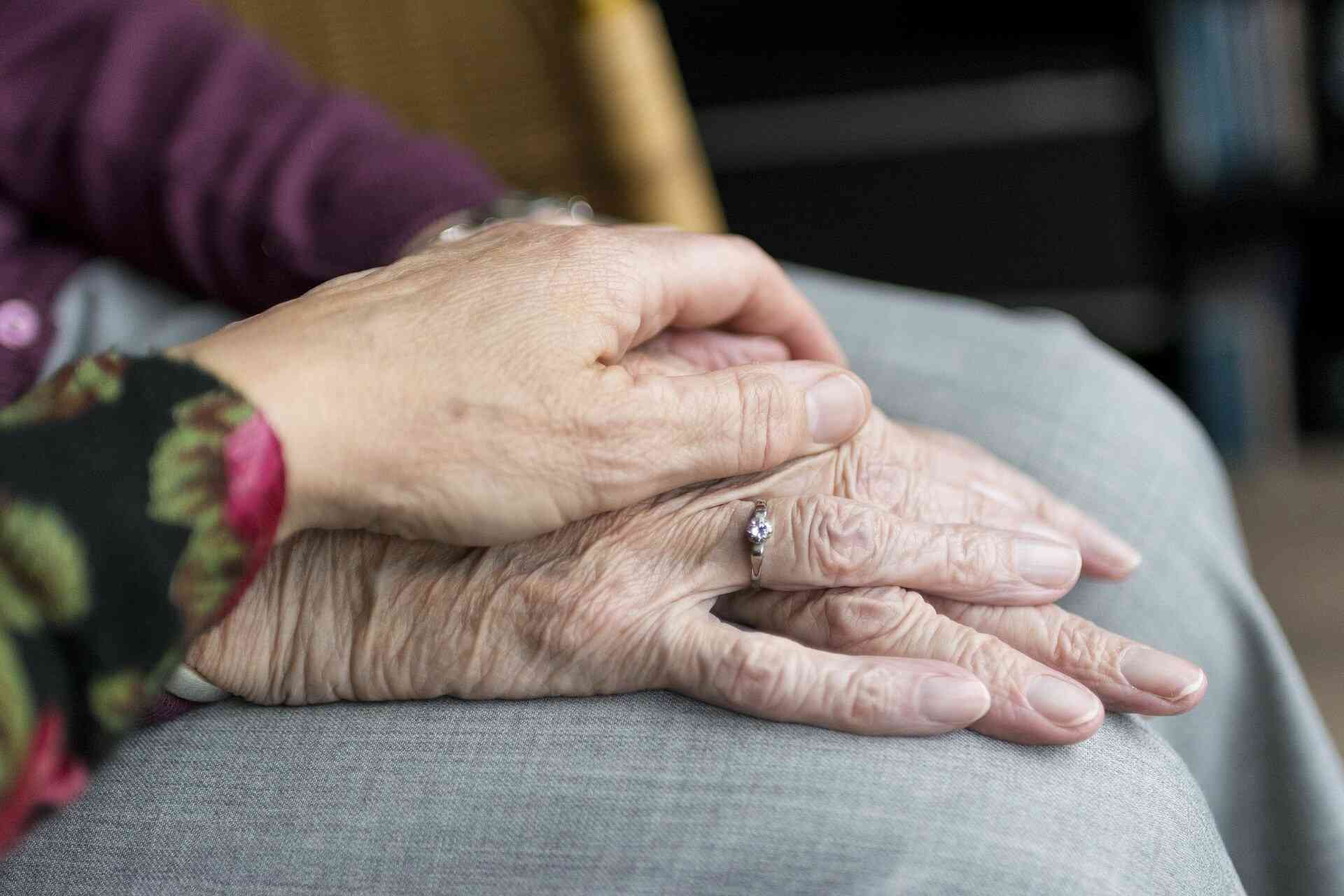
What practical things did I share with Gloria that might be useful for you during this precious time with your ill or ageing parent or spouse?
- Set aside a specific time each day to be with your loved one in a "non-caregiver" way. It could be over tea or coffee in the morning, afternoon, or evening. A time you can count on for uninterrupted, friendly, warm times together. Even 10 minutes can make a huge difference when it's labeled as your time together.
- Use that time to share a favorite treat or a memory or look at photos together. Laugh over a TV show. Read the newspaper or part of a book aloud. Go through decorations or menu plans for a holiday together.
- Let them know what you learned from them… "I will also remember how you…." or "You taught me to….and it's come so handy."
- Touch matters. Safe, respectful, gentle touch. Touch that is not related to helping them dress or walk to the bathroom! Be sure to tell those with any level of dementia what you want to do, "May I hug you, hold your hand, stroke or brush your hair?" Don'tpush a child to give physical touch! Show them and then see if they also want to give a hug to grandma or grandpa.
- Add comfort measures. "May I put some of this lotion you love on your hands?" or "would you like me to spray your favourite fragrance in the room?" Play their favourite music at a volume they agree to. Put fresh flowers where they can see them, or hang a bird feeder. Plant a favourite herb they can water or watch grow.
- Let their beloved pet visit if they have one! Let them brush the pet if they can and laugh at the antics.
- Illness, ageing, lost capacity, and the approaching end of life can shrink our world. It can confine us to words, thoughts, and tasks that make life seem small and colorless. Laughter is such good medicine. Laughter, shared memories, appreciation, and gratitude expand the room, our hearts, and minds.
Find the ways that work best for you and your loved ones. Let laughter and easy time together bring life to the situation; let it lighten the load.
Images courtesy: Rose Gordon and Pixabay
Liked this story? Would you like to share your own experiences with caregiving in the comments below?
For more on caregiving: Is caregiving a woman's job?
Comments
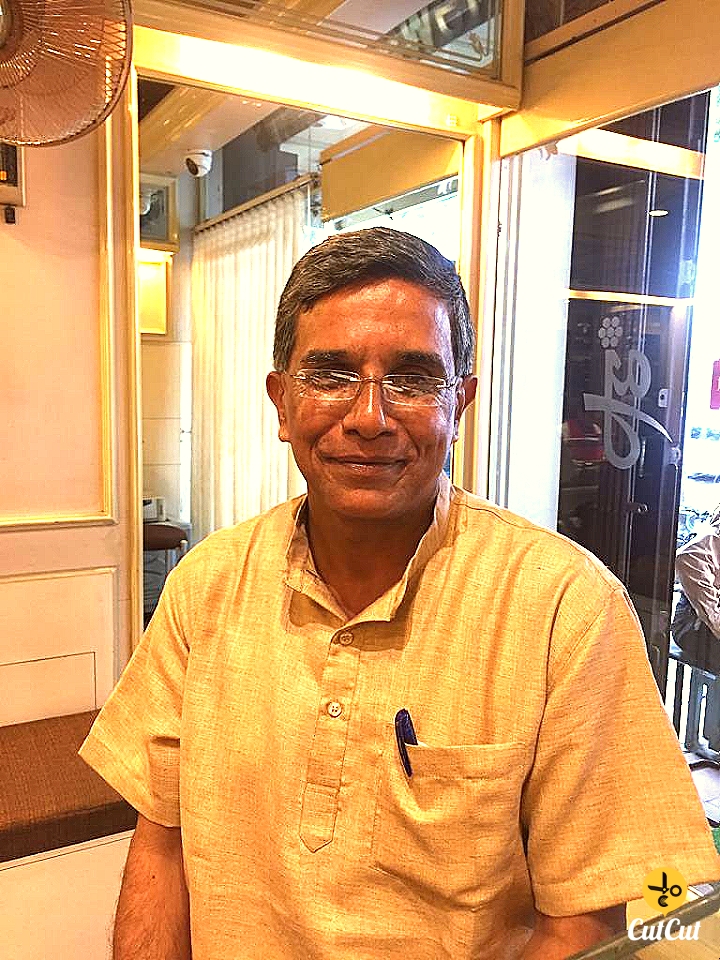
Vishwanath.N
02 Jan, 2023
A wonderful article !!. It gave me a different insight to taking care of our elders. My mother and her 4 sisters are all staying Bengaluru, and my mother is 92 years. It gives me a great pleasure in taking care of them and my affection is reciprocated. Every day is a gift. Thank you Ms. Rose and Silver Talkies Team.
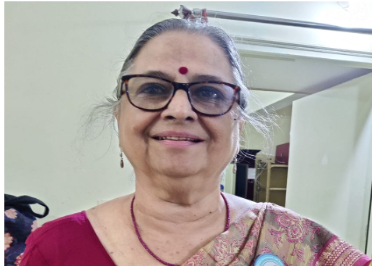
Lakshmi
20 Oct, 2022
I loved this article - so sensitive, understanding and non/judgemental
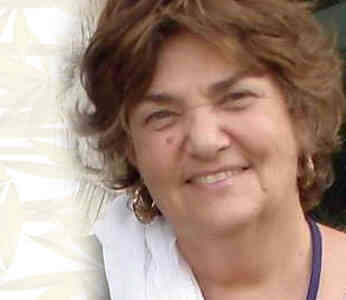





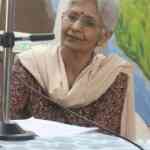
Post a comment